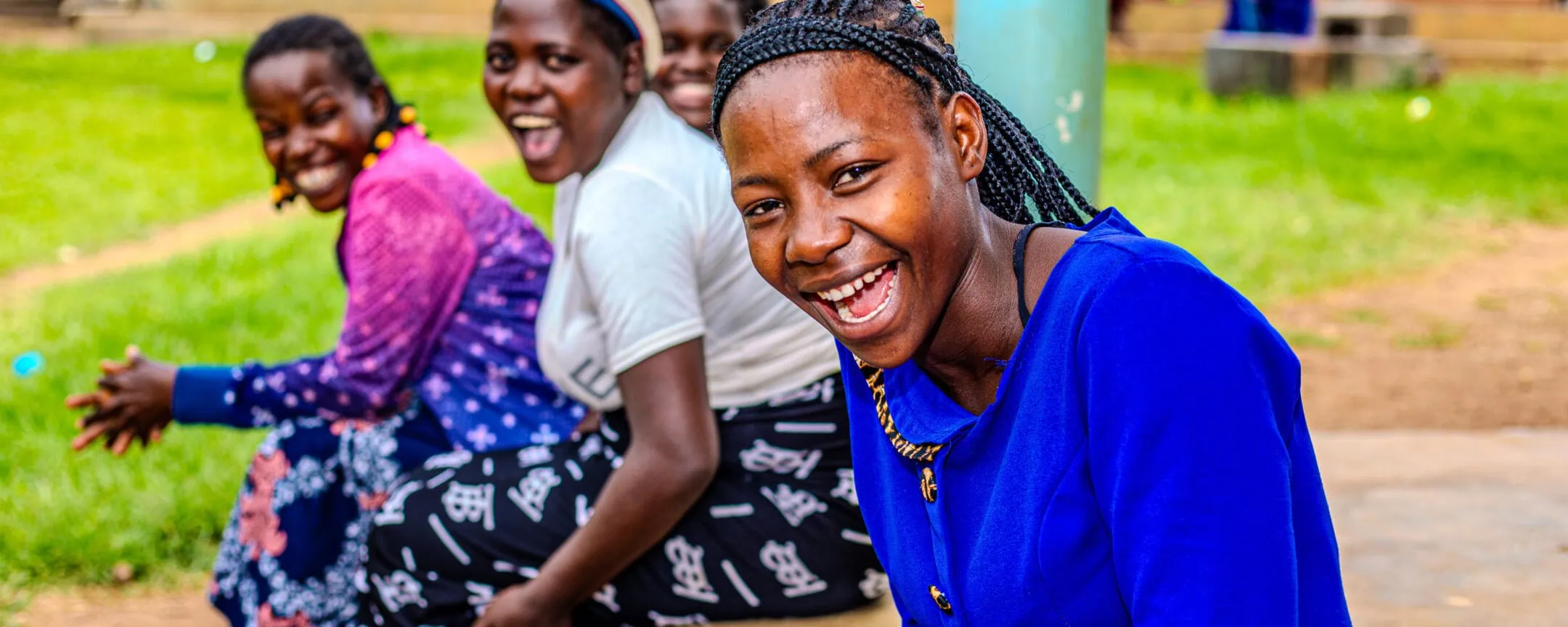There are two things we know with absolute certainty. First, at least one million women worldwide needlessly suffer from childbirth injuries such as obstetric fistula. Second, with a high-quality and cost-effective surgery, it is possible to completely restore a woman’s health, and give her a new chance at life.
To bring more surgeries to more women around the world, we are expanding our surgical capacity into new areas of unmet need and forging partnerships in five new countries. Since 2009, Fistula Foundation has expanded care across the world and is now active in 37 countries. Read on for an overview of each new country we’re working in and meet our newest partners.
Central African Republic
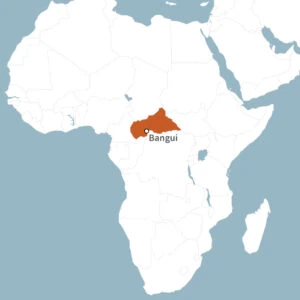
The Central African Republic (CAR) has been deeply affected by decades of coups, civil war, and political instability. Outside the capital city of Bangui, modern healthcare facilities are virtually nonexistent due to destroyed or underdeveloped infrastructure and limited transportation networks. As a result, very few women can access maternal health care—especially in emergencies.
In 2024, CAR recorded a maternal mortality rate of 1 in 24 live births and one of the highest neonatal death rates worldwide: 28 per 1,000 live births. Professionals and activists have described the situation as a maternal and neonatal health crisis.
Our new partner, the Dr. Denis Mukwege Foundation—in collaboration with Panzi Hospital in the Democratic Republic of the Congo—aims to address the fistula care gap in the region by providing training for four surgeons and six nurses, and providing 70 fistula surgeries over the next six months.
Learn more about our work in the Central African Republic.
The Gambia
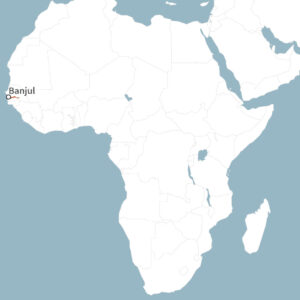
The Gambia is the smallest country on Africa’s mainland, but it is densely populated, with 2.6 million people living within its borders.
Though The Gambia has made meaningful progress in economic development, it continues to face deep challenges, including widespread poverty, inequality, and poor maternal health outcomes.
To overcome these barriers, we are partnering with GloCare Gambia’s team of fistula surgeons to provide 50 surgeries in 2025—making a lasting impact not only through direct patient care, but also by contributing to sustainable, long-term solutions for fistula prevention and treatment.
Learn more about our work in The Gambia.
Republic of the Congo
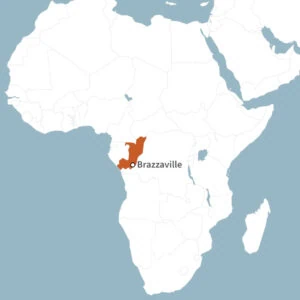
The Republic of the Congo, also known as Congo-Brazzaville, has a largely urban population and a fragile healthcare system.
Although the maternal mortality rate has dropped by more than 50% over the past 25 years, access to obstetric care remains limited. Many health facilities lack essential equipment and trained staff, while high costs and transportation challenges prevent countless women from receiving the care they need. In 2007, 475 women with fistula were identified in the Republic of the Congo—but there was only funding to treat 317.
Through our new partnership with University Hospital of Brazzaville (CHU-B Hospital), we will fund care for 50 more women who are still waiting for healing, and increase the capacity of local healthcare providers to identify new patients with fistula.
Learn more about our work in the Republic of the Congo.
Guinea-Bissau
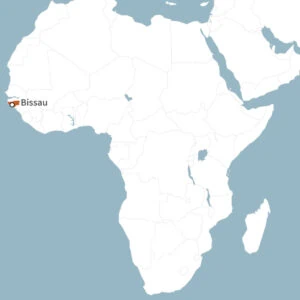
Guinea-Bissau is a small Portuguese-speaking country in West Africa that is home to nearly two million people. It has one of the highest maternal mortality rates in the world, and too many births still occur without a skilled health provider present. After a civil war in the 1990s, healthcare was deprioritized, making it far more likely that women would suffer injuries from childbirth.
Today, we are partnering with GloCare Guinea-Bissau to help end the wait for fistula care. GloCare is a nonprofit focused on capacity-building, research, and community-oriented healthcare. Through this partnership, we aim to provide 50 surgeries in the capital city of Bissau and build surgical capacity by training two new surgeons.
Learn more about our work in Guinea-Bissau
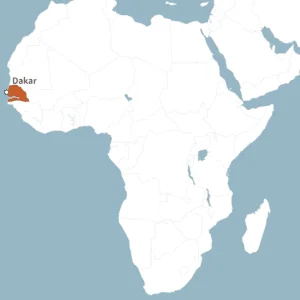
Senegal
Senegal is home to a growing number of women suffering needlessly from fistula due to poverty, limited healthcare infrastructure, a lack of trained medical staff, inadequate emergency obstetric services, and early marriage.
This backlog of cases is something our newest partner, GloCare Senegal, is determined to address. Over the next year, its goal is to provide 50 surgeries for women with fistula across three hospital sites: Hôpital Général de Grand Yoff, Centre Hospitalier Régional de Ziguinchor, and Centre Hospitalier Régional Amadou Tidiane BA de Sédhiou.
In addition to surgeries, GloCare Senegal will train a minimum of five healthcare professionals, including two surgeons.
Learn more about our work in Senegal
Published on September 16, 2025. Updated on October 3, 2025.
